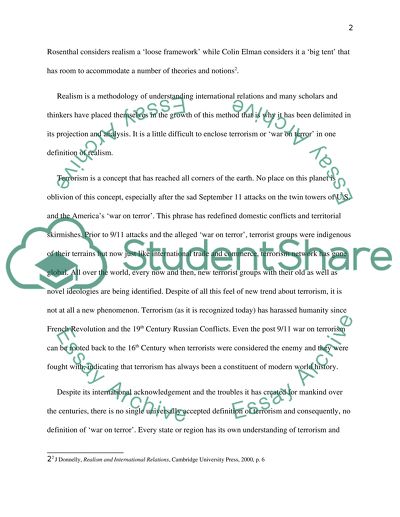Cite this document
(Can the War on Terror Be Understood in Terms of Realism Essay, n.d.)
Can the War on Terror Be Understood in Terms of Realism Essay. Retrieved from https://studentshare.org/military/1587106-can-the-war-on-terror-be-undertood-in-terms-of-realism
Can the War on Terror Be Understood in Terms of Realism Essay. Retrieved from https://studentshare.org/military/1587106-can-the-war-on-terror-be-undertood-in-terms-of-realism
(Can the War on Terror Be Understood in Terms of Realism Essay)
Can the War on Terror Be Understood in Terms of Realism Essay. https://studentshare.org/military/1587106-can-the-war-on-terror-be-undertood-in-terms-of-realism.
Can the War on Terror Be Understood in Terms of Realism Essay. https://studentshare.org/military/1587106-can-the-war-on-terror-be-undertood-in-terms-of-realism.
“Can the War on Terror Be Understood in Terms of Realism Essay”. https://studentshare.org/military/1587106-can-the-war-on-terror-be-undertood-in-terms-of-realism.


